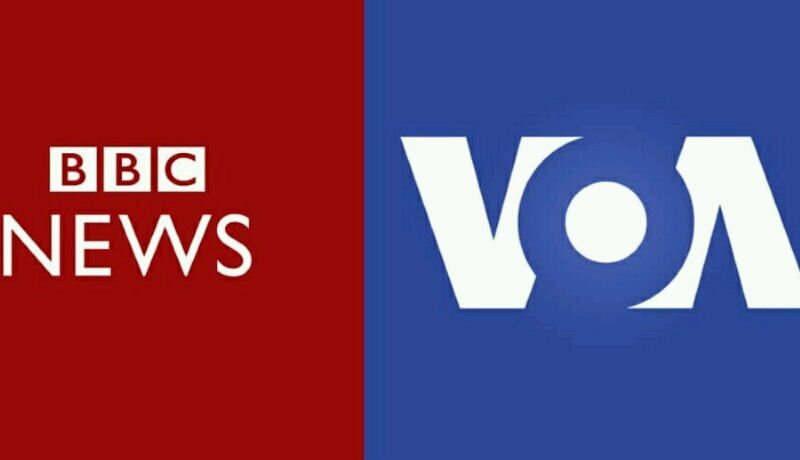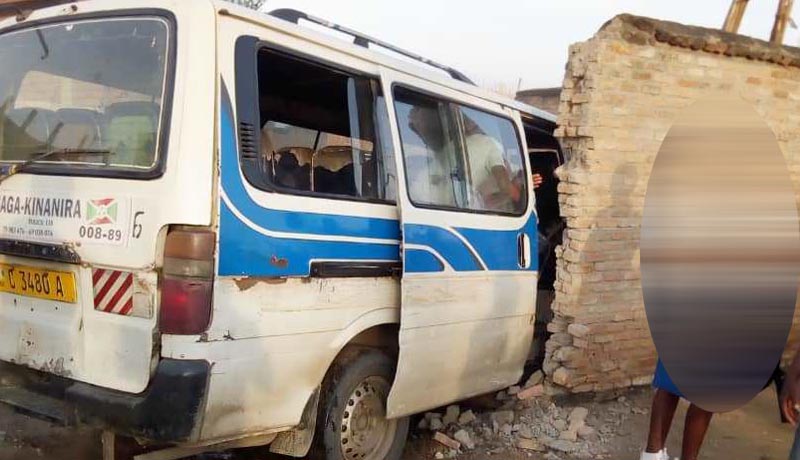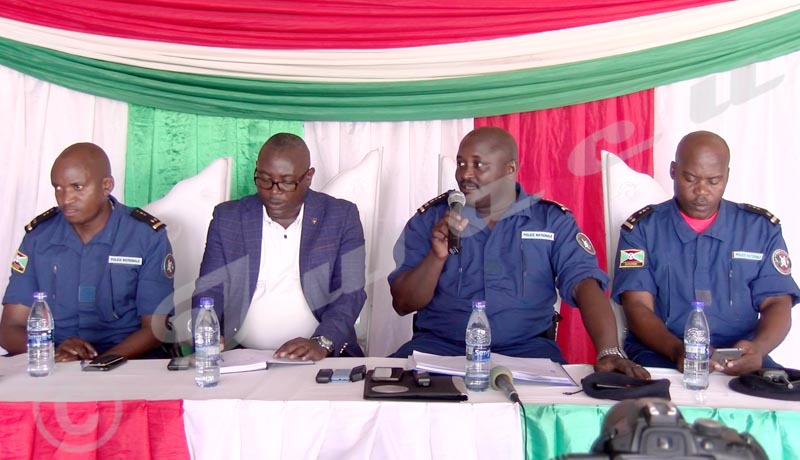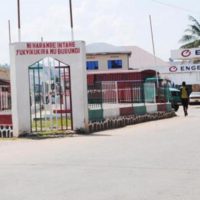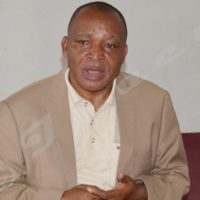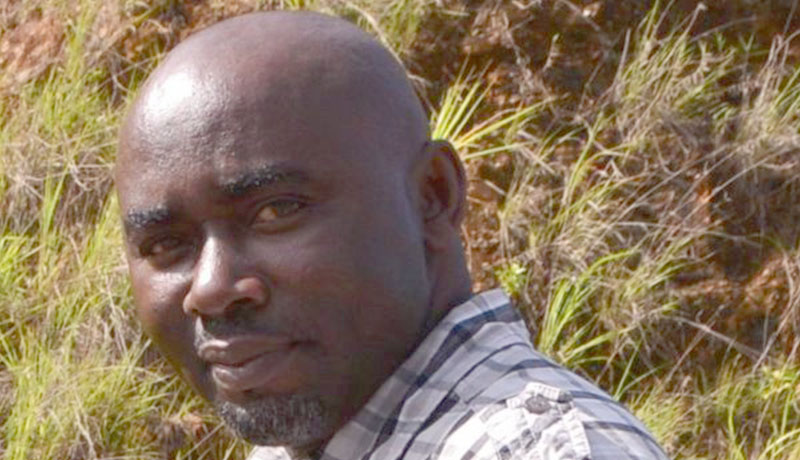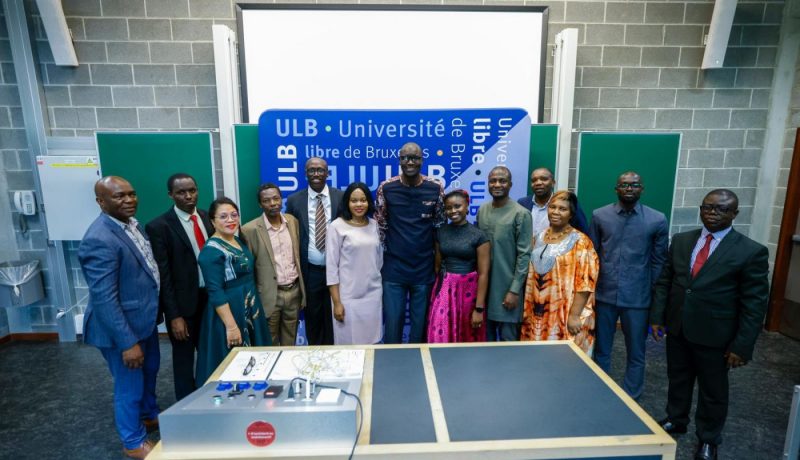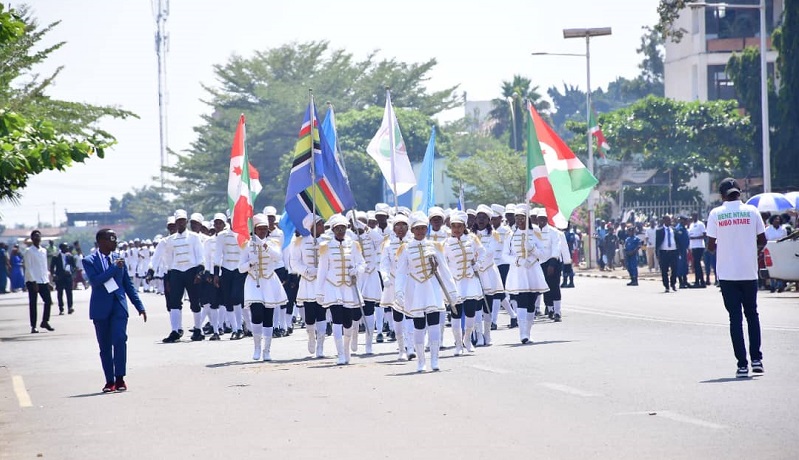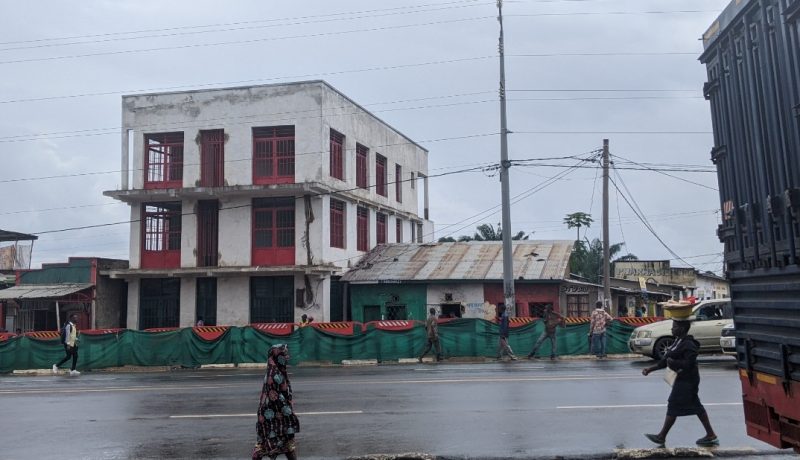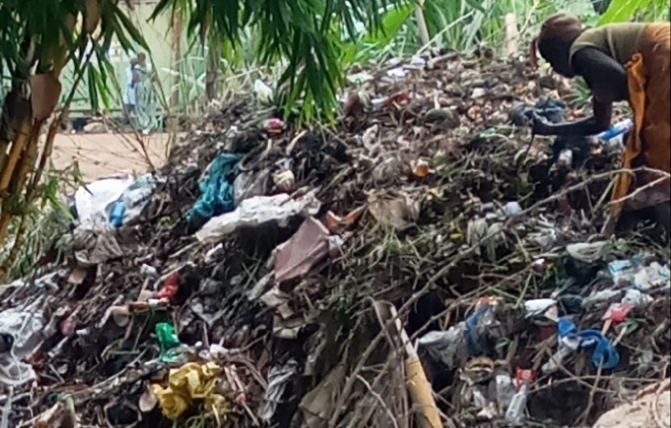South Sudanese President Salva Kiir has said the restarting of oil production crucial to the fledgling nation’s economy is stalled after rival Sudan made further demands.
Kiir, speaking last Tuesday during the ceremonial laying of a foundation stone of a new oil refinery in Upper Nile state, said that former civil war enemies in Khartoum wanted Juba to denounce old comrades still fighting inside Sudan.
« We were supposed to restart oil production on November 15, » Kiir told crowds. « Khartoum is looking for an excuse not to restart the oil.
« Suddenly Khartoum changed their minds, saying that we must denounce the Nuba Mountains and Blue Nile first, » he said, referring to Sudan’s civil war border regions, where renewed conflict broke out over a year ago.
Sudan has repeatedly accused South Sudan of supporting the insurgent Sudan People’s Liberation Movement-North (SPLM-N), charges denied by both rebels and the South, although analysts widely believe Khartoum’s claims.
In January, South Sudan cut off oil production after accusing Sudan of stealing its crude, even though the activity provides about 98 percent of the South’s government revenue, and damaged the economies of both countries.
The ten-month oil shut-down, sparked by furious arguments with Sudan, escalated into border conflict in April, but the two sides later signed deals to restart the oil.
Sudan’s foreign ministry spokesman Al-Obeid Meruh told AFP on Monday that Khartoum had written to Juba to say it was ready to receive the South’s oil.
But he said that a recent technical meeting between the two sides had confirmed that border security was still an issue.
« When the technicians from both countries met in Khartoum they confirmed that, if the production of the oil starts and then it stops because of security reasons, this will lead to heavy losses for both countries, » he said.
But Kiir’s comments call into question the stability of a raft of deals on security, oil and cooperation, signed in September after months of African Union-led negotiations and the threat of UN Security Council sanctions.
When it gained independence in July 2011, landlocked South Sudan obtained some two-thirds of the former unified country’s oil, while crucial pipelines and processing facilities remained in Sudan.
Kiir also warned that an AU deadline of December 5 to reach a solution with Khartoum over the flashpoint and contested Abyei region would likely fail, as Sudan had rejected an AU proposal to which Juba has agreed.
